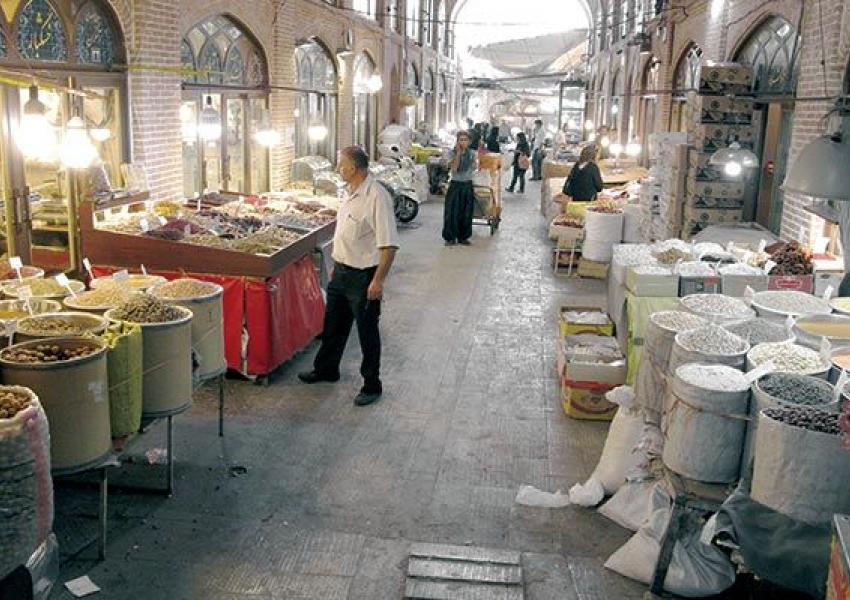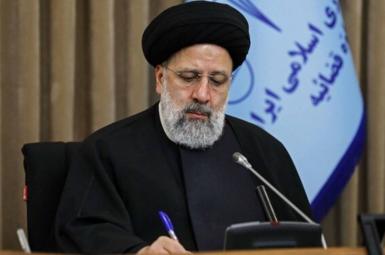
Experts Argue Over Iran's Post-Trump Economic Fortunes
Iranian president Hassan Rouhani said last week that with the “failure” of the United States ‘maximum pressure’ strategy, he expected positive changes in Iran’s economy as a new administration took office in Washington.
Fararu news website has interviewed three economists on the outlook for Iran’s economy, taking up the projection from the International Monetary Fund (IMF) of 3.2 percent economic growth next year. The website did not mention that the IMF takes figures from the Iranian government. The IMF estimated Iran’s economy contracted 5 percent in 2020, 6.5 percent in 2019, and 5.4% in 2018, after positive growth of 3.5 percent in 2017 and 12.5 percent in 2016.
This figures broadly chime with those of the World Bank, which reported in October that “due to trade restrictions and the ongoing global pandemic” Iran was in a third consecutive year of recession with a projected 4.5 percent GDP contraction in 2020-21. The bank suggested that without a widely adopted Covid-19 vaccine, Iran would achieve only “weak” recovery in 2021-2 driven by the non-oil sector.
Economist Hossein Raghfar, however, told Fararu that the IMF projection was “nonsense…based on political considerations.” He predicted that the next year would be “more difficult than the current year” due to “a legacy of debts the incumbent administration is leaving for the next Iranian government.”
Raghfar suggested that even if the coronavirus were overcome, “we still have to face major challenges that the United States is going to put in front of us…Iran needs to come to terms with the fact that US policy toward Iran is determined by the interests of Israel…There is no room for happiness if our economic growth rate is going to rise through selling oil and natural resources.”
Raghfar also predicted that the next Iranian government will have to face "very serious problems." He also warned that the situation might be even worse than his predictions as the government will be mainly preoccupied with the Iranian presidential election and its aftermaths and cannot do much to help the state of the economy.
Hadi Haghshenas disagreed, arguing that once in office Joe Biden was “likely to lift the maximum pressure and sanctions,” so putting the Iranian economy back on track towards normalization and growth. Haghshenas also saw “hope in developing a vaccine for Covid-19 in the coming months” and therefore a positive impact on the economy.
Banking specialist Hassan Golmoradi also attributed negative growth to US pressures and the Covid pandemic, arguing that change in both factors would restore growth and reduce inflation.
But prominent economist Mahmoud Jamsaz characterized expecting economic recovery as a result of US election as “simple-mindedness.” Jamsaz saw no prospect for lower inflation or for “reinforcing” the national currency. “Unfortunately, the government’s domestic and foreign policies have made Iran politically and economically isolated and have led to poverty and misery for a large number of Iranians,” he said.








